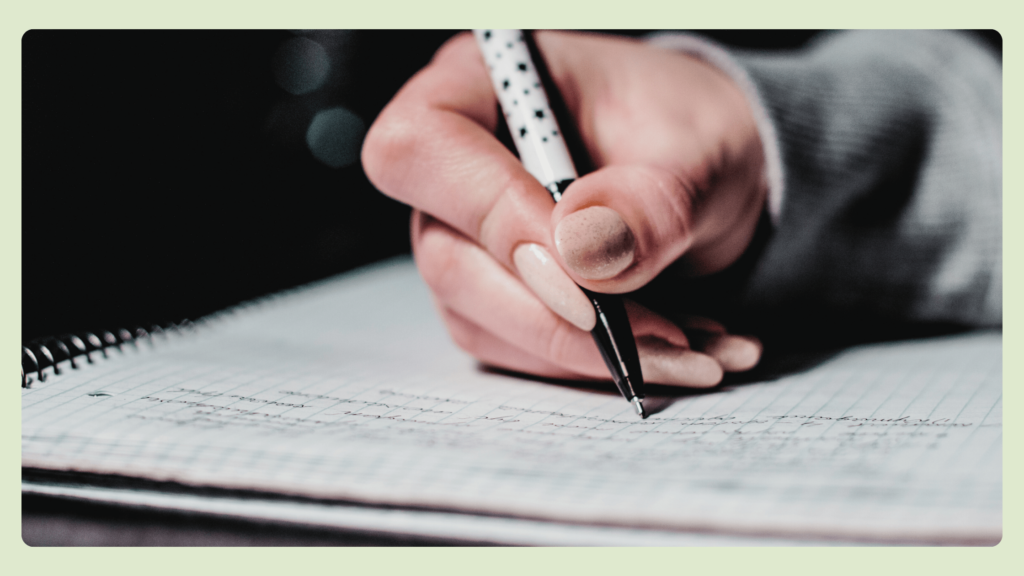Have you ever found yourself staring at your books having no clue about what you are reading? Well, that is your sign for a break. Regular breaks between your study sessions are important to maintain concentration, reduce stress and prevent burnout.
Since the exams are around the corner so you need 100% of your focus on your studies. Here is what to do in study breaks so you spend this time effectively.
Why Are Study Breaks Important?
Study breaks are essential to improve your overall productivity and better memory retention. During the breaks, your brain gets that precious time to process information and recharge. This will help you have a clearer mind and better focus.
How Long Should a Study Break Be?
The ideal duration of a productive single study session is 45-50 minutes. So you need a break at least once every 50-60 minutes. A break can be anywhere between 5-15 minutes. Taking short but frequent breaks could be better than those long and infrequent ones. The shorter breaks will keep your mind fresh and prevent fatigue.
What to Do In Study Breaks?
Taking effective study breaks helps keep up productivity and reduces the chances of burnout. But the question is what to do in study breaks. What should you do to make this time rejuvenating? Here you go!
Meditate to Clear Your Mind
Meditation can be relaxing when done right! Don’t know how to do it? Well, you just close your eyes, breathe deeply, and try to focus on your breathing for a few minutes. Leave all other thoughts away and focus only on your breathing. This will clear your mind, reduce anxiety and increase concentration over the period.
Take a Power Nap
Studies say that a power nap of 10-20 minutes is rejuvenating. It is one of the best ways to recharge your brain, increase alertness and boost performance when you get back to studying.
Healthy Snacks Boost of Energy
Focused study requires more energy for the brain. Eating healthy snacks is a quick boost of energy without the sugar crash that comes from junk food. Choose snacks that are rich in protein, fiber, and healthy fats such as nuts, fresh fruits, yogurt, whole-grain foods, etc. You can cook a quick hearty and healthy meal as well.
Go for a Quick Walk
Stepping outside for a brief walk can do wonders for your mood. If you have greenery around, make use of it. A quick walk increases blood circulation and helps clear your mind.
Simple Exercises
Simple exercises like squats, step-workouts, jumping jacks, push-ups, etc., help wake up your body. A simple 5-minute workout can be sufficient to energize you for your next study session. Stretching will ease your tensed muscles and ease discomfort.
Socializing
Use these study breaks to connect with your family members and friends, in person. Although it is ideal to connect physically, a quick phone call could also lift your spirits making you feel connected to them. This is essential as the isolation during long study hours can be depressing.
Listen to Relaxing Music
Music is a great mood booster. Listening to relaxing and soothing music during study breaks will unwind and recharge you. Try not to choose rap or peppy ones. Try those calming instrumentals if it is suitable.
Breathing Exercises
Breathing exercises are wonderful for calming anxious minds and reducing stress. Try inhaling slowly for four beats, hold your breath for the next four beats, and exhale for the four beats. This technique will help you calm down both mind and body.
Drink Water Slowly
A well-hydrated body will help maintain healthy focus and energy levels. Simply drinking water is not enough. Drink it slowly. You need mindful drinking to make you feel refreshed. Just close your eyes when you sip water and imagine yourself in your happy place.
Create a Study Playlist
Use your break time to create a study playlist. Choose a mix of instrumentals, low-tempo tracks and melodies. They help you concentrate better in your sessions.
Organize Your Study Space
A cluttered desk equals a cluttered mind. If you have a cluttered table. Use your study break to organize, at least a single section of your study space. Set an alarm of 5-10 minutes so you don’t get carried away.
Reading
Use your study breaks to keep up with the latest happenings so pick up the newspaper to read. Alternatively, read a few pages from your favourite book just for pleasure. Reading provides the essential mental break from studies so that your brain can engage differently somewhere else.
Take a Shower to Refresh Yourself
A quick shower can help refresh your body and mind. At the same time, taking a shower at random times is also not healthy. Fix a daily time and keep it up to wash away your stress and rejuvenate your body. Use a calming scented soap to relax your mind.
What Not to do During Study Breaks?
It is better to avoid time-consuming activities during these breaks. Try to stay away from the television and completely avoid scrolling through social media. Both are highly distracting.
What is The 52:17 Rule?
The 52:17 rule is a technique that suggests that you work or study for 52 minutes and then take a 17-minute break. This method is found to maintain mental focus. It is effective for study sessions as it provides enough time for the brain to rest and recharge.
Conclusion
A study break is not just a pause in your study sessions but is also a time to recharge yourself efficiently. So choose your activities wisely so that you can relax, be happy, and look forward to your studies, rather than be afraid of them. Remember to have healthy food and drink plenty of water as well. Hoping that you can have a stress-free study session and be more productive. Have a great time!




